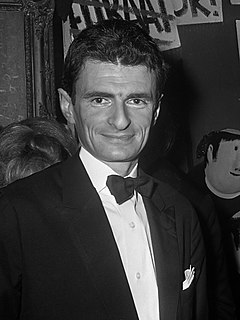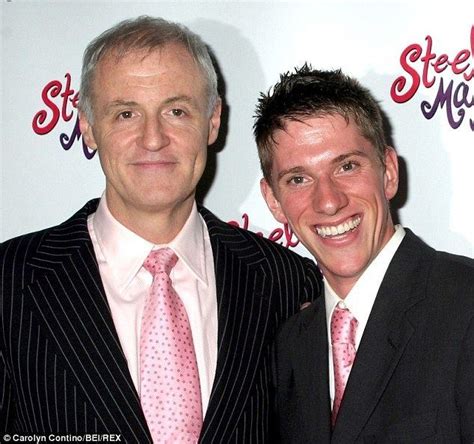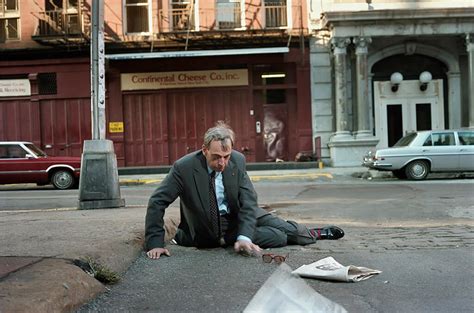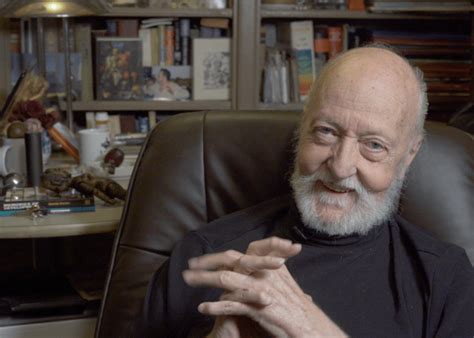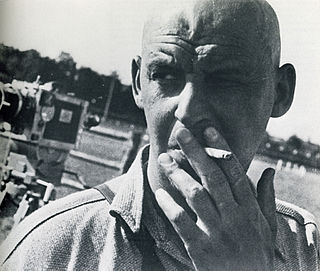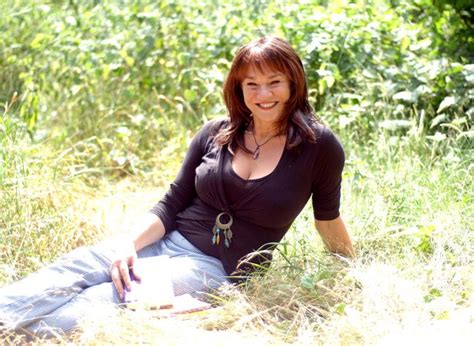A Quote by Jerzy Kosinski
Photography was the first foreign language of my artistic expression.
Related Quotes
I firmly believe in and support everyone's right to freedom of artistic expression. STEEL MAGNOLIAS is my artistic expression, and it is my right to say that its female characters be portrayed by women. The concept of a play set in a beauty parlor where men portray women is a terrific idea. If that is someone's artistic expression, I encourage them to write their own play as soon as possible.
When you speak a foreign language, you become someone else. If you aren't used to speaking a language, and you start speaking it again, for the first few sentences you'll find yourself in very strange shape, because you're still the person who was speaking the first language. But if you keep speaking that language, you will become the person who corresponds to it.
The traditional difficulty of balancing the mechanical with the imaginative schools of photography still operates. In schools of photography meaningful art education is often lacking and on the strength of their technical ability alone students, deprived of a richer artistic training, are sent forth inculcated with the belief that they are creative photographers and artists. It is yet a fact that today, as in the past, the most inspiring and provocative works in photography come as much (and probably more) from those who are in the first place artists.
When I was in the 12th standard itself, I decided to join the Adyar Film Institute and study photography. I specifically chose photography because I see photography as an applied science. There is an artistic element also in it. If you perfect your scientific element, you can attain certain quality.
Traditionally, photography has dealt with recording the world as it is found. Before photography appeared the fine artists of the time, the painters and sculptors, concerned themselves with rendering reality with as much likeness as their skill enabled. Photography, however, made artistic reality much more available, more quickly and on a much broader scale.
When you do a film in a foreign language, you know there's a cost in it, that you know, unfortunately, the audiences of foreign language films have not been cultivated. There's a market, but the market has been reduced, unfortunately, and you know that when you're making a foreign language film, you're making a choice.
